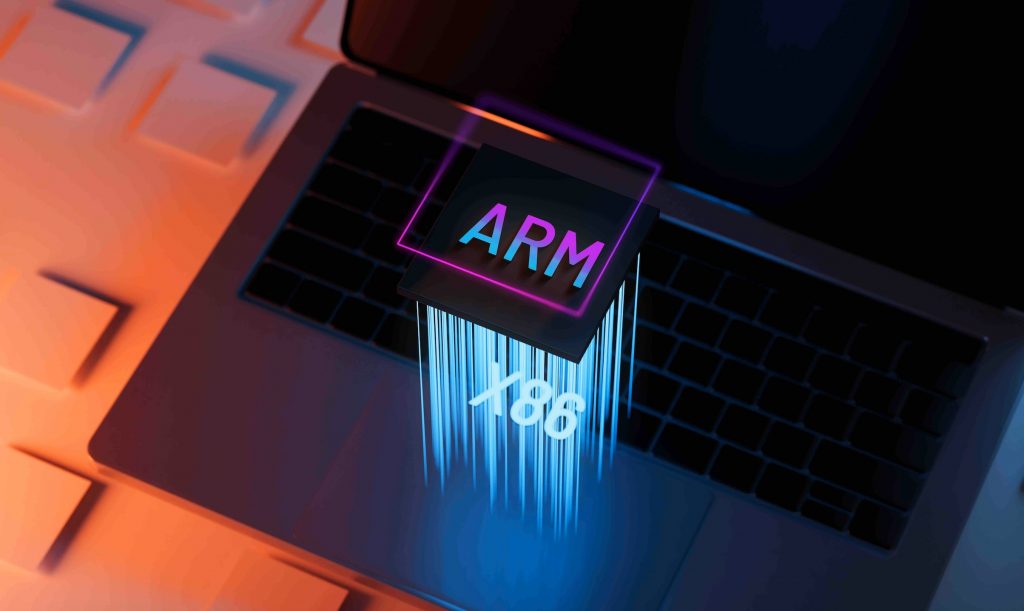As of today the 5900X is still not available. Of more concern is the now famous, and unsolved, WHEA ERRORs
that seem to plague the entire AMD processor line. No solution and no proof that it is not a chip or design flaw.
Also, many reports that AMD processor life expectancy is 5 years as opposed to Intel's 10.
that seem to plague the entire AMD processor line. No solution and no proof that it is not a chip or design flaw.
Also, many reports that AMD processor life expectancy is 5 years as opposed to Intel's 10.




